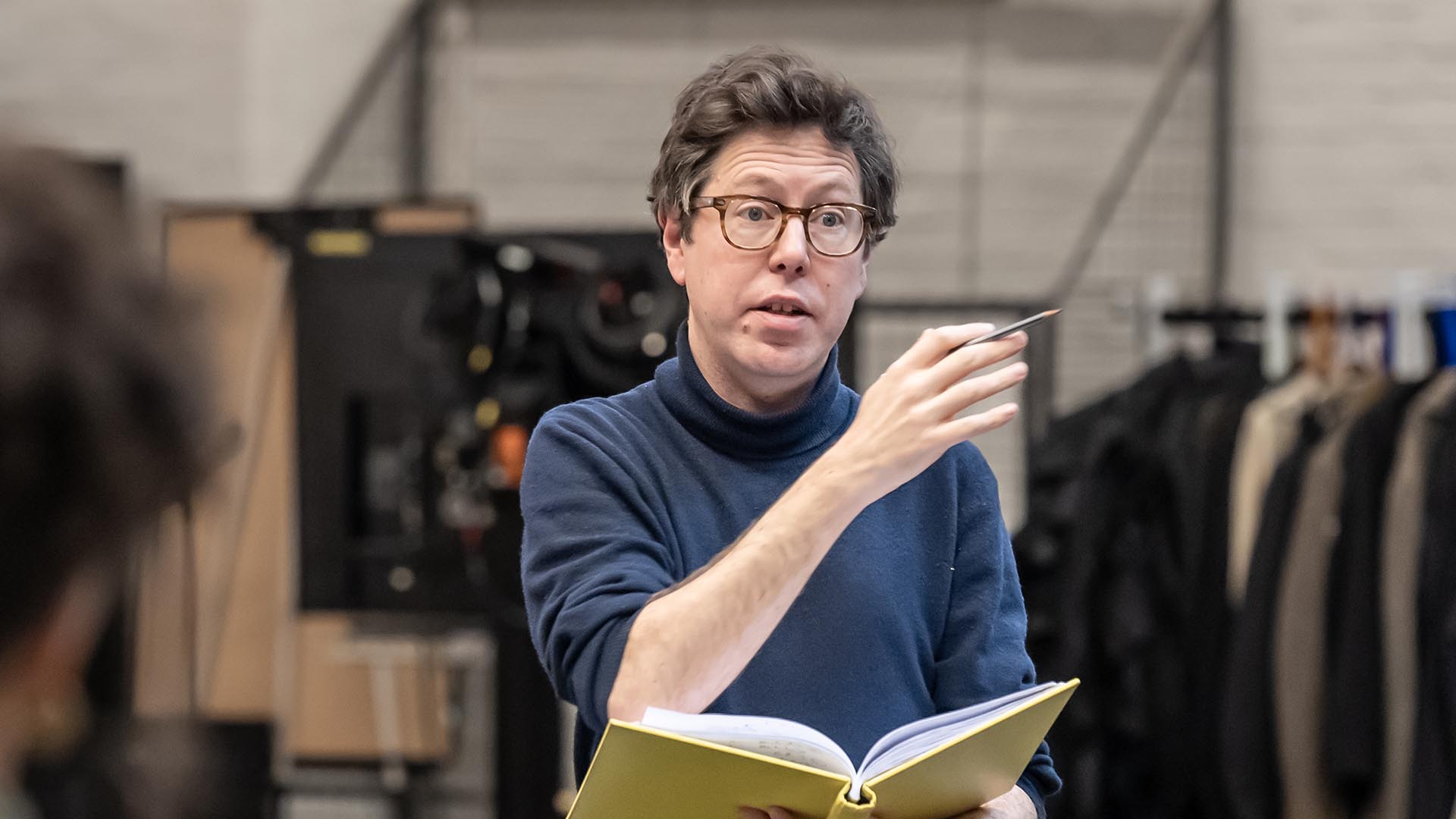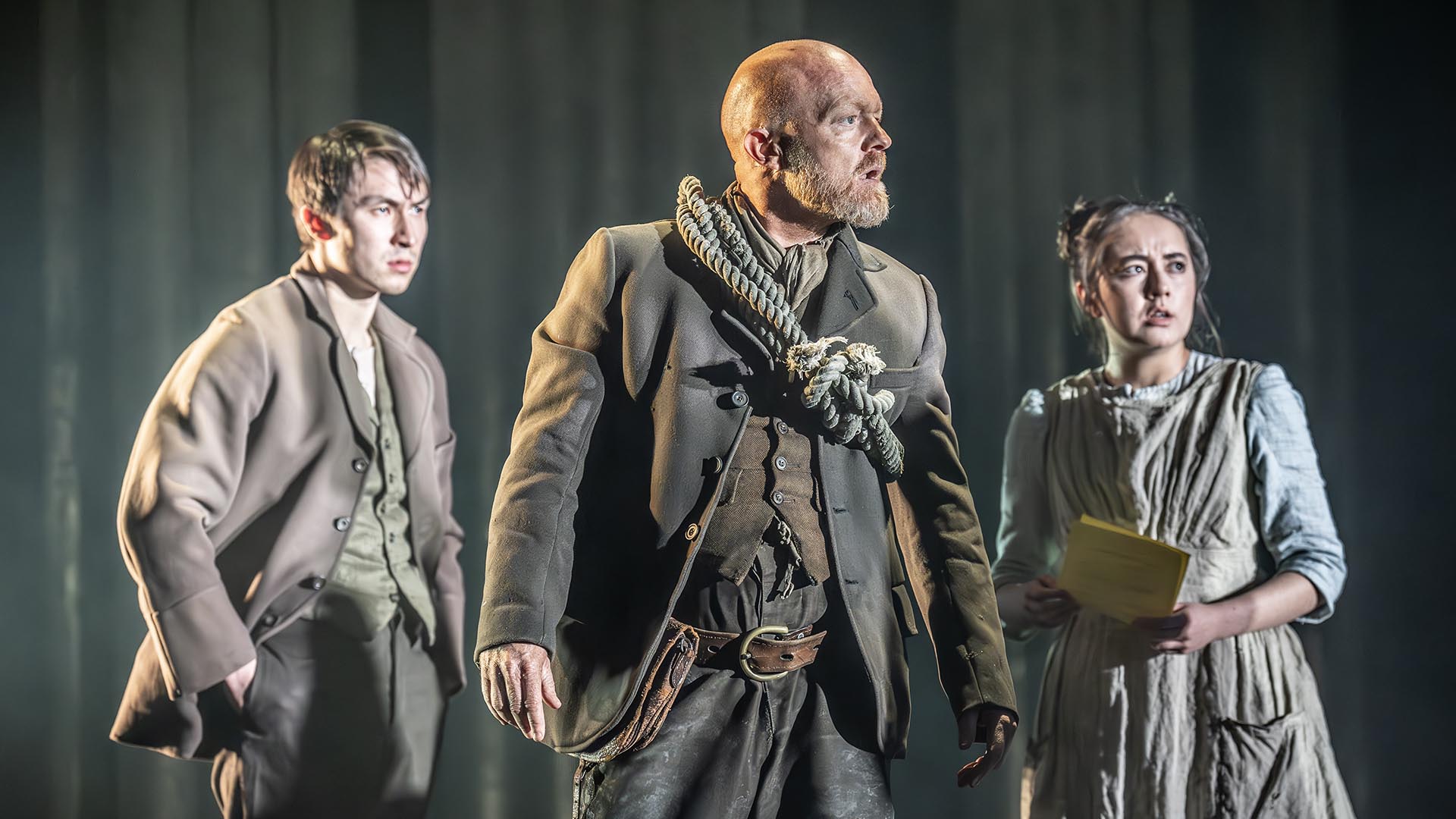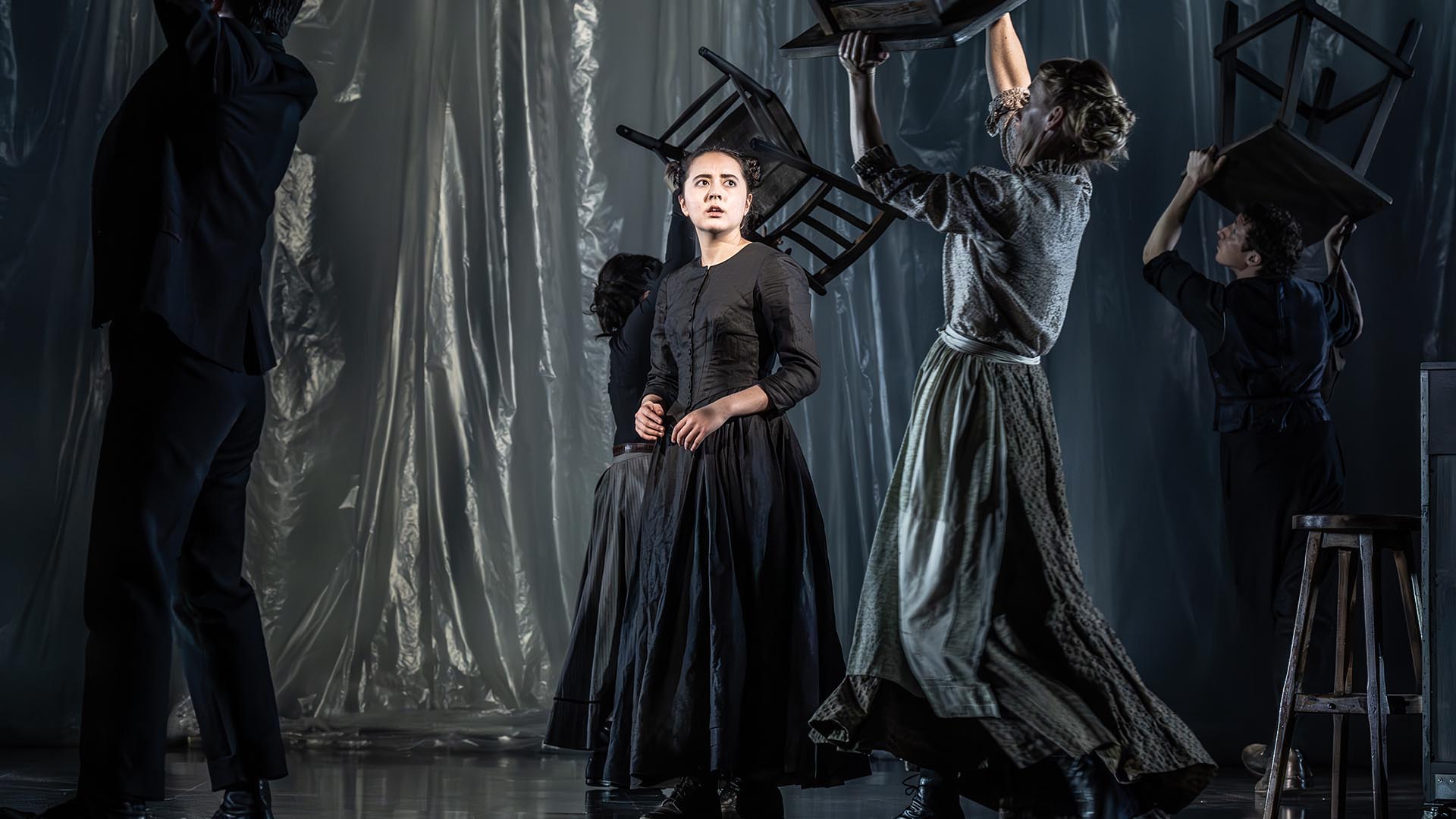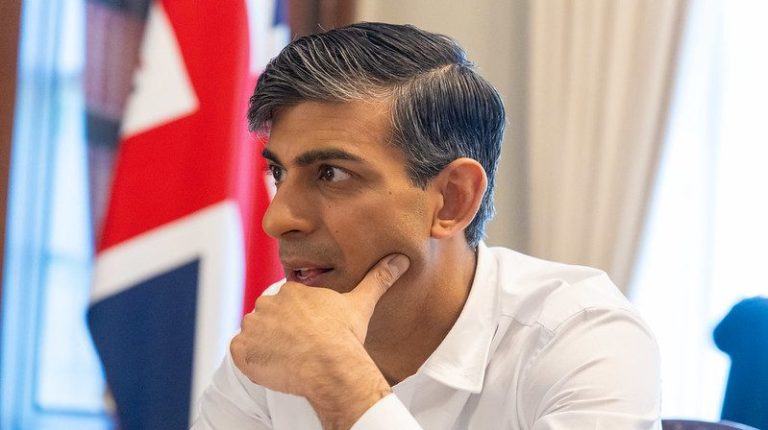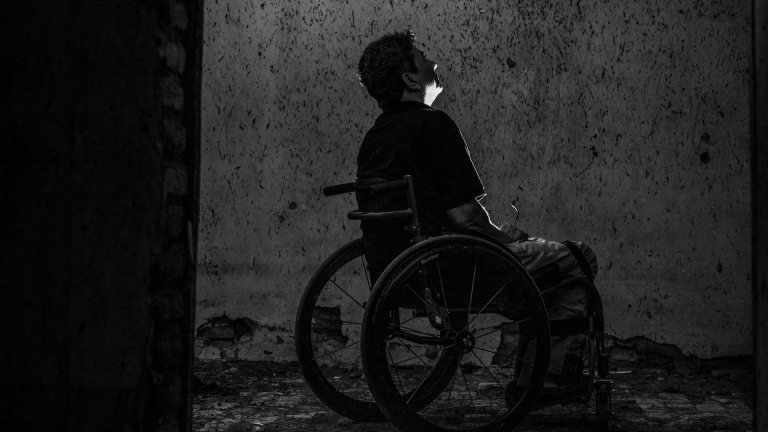For every day of the 10 years that I worked full-time at the National Theatre, commissioning plays and writing adaptations for the stage, I walked along the river front that runs outside the building. When the NT was sited on the South Bank in the early 60s, the location next to the Thames was carefully chosen.
The National wasn’t built in the West End, in Covent Garden or Soho or the traditional entertainment hubs of the city. It was placed next to the Thames. King’s Reach, this particular corner alongside Waterloo Bridge, is the only spot on the river where one can look west and see parliament, and turn and look east and see St Paul’s.

The institutional homes of the country’s political and religious power, and here in the middle, a concrete cathedral of ideas and stories. Between them the water, running through, joining everything together. Every time I walked along the river, I thought how much I wanted to tell a London story, and especially a river story, on the stage of the National.
Get the latest news and insight into how the Big Issue magazine is made by signing up for the Inside Big Issue newsletter
I was born in another city on the water, Manchester, and before I moved to London I read and fell in love with the work of Charles Dickens, perhaps the greatest of all the chroniclers of the capital. I saw London through Dickens’ eyes before I saw it through my own. He spent his life walking the streets and watching the river and he saw the great, hungry city in its full extraordinary complexity. He writes of poverty and deprivation, of exploitation and hypocrisy, but he also celebrates, again and again, the power of the city and the community to affect change. And central to this sense of possibility is the river.
In Dickens’ final completed novel, the labyrinthine gothic masterpiece Our Mutual Friend, the Thames is as much of a protagonist as any of the vast ensemble of characters. The dockside communities of Limehouse and Deptford get their living from the water. The tides and currents provide the clock and calendar of days and years.
